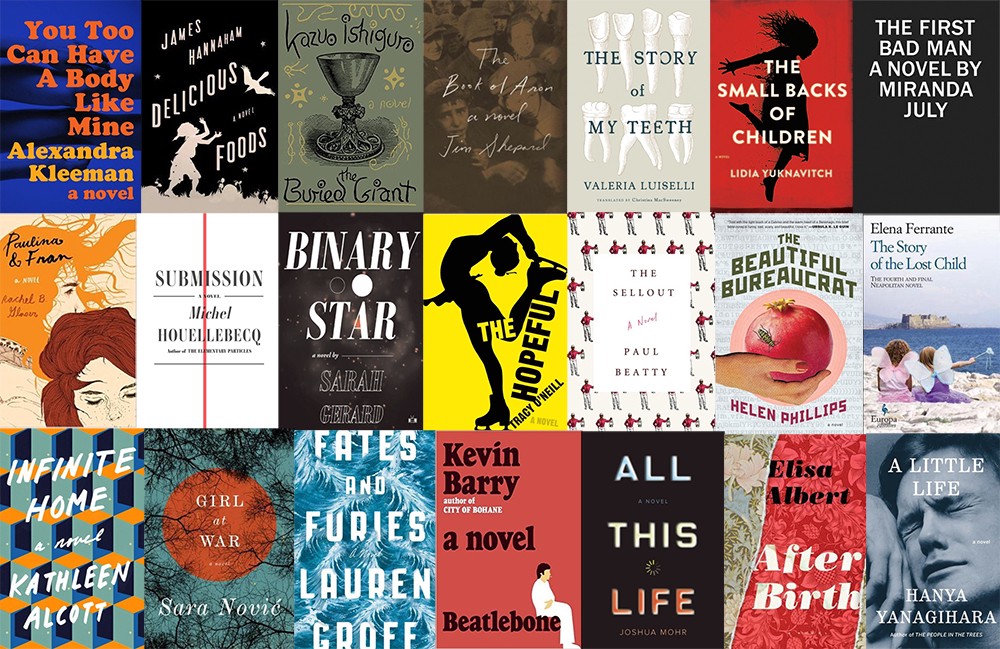news
Huck Finn Wasn’t Banned from a Philly-Area High School. Here’s What Really Happened.

Yesterday, Electric Literature ran a story, which has been widely reported in other media, about Friends’ Central School in Wynnewood, PA removing The Adventures of Huckleberry Finn from their 11th grade American Literature syllabus. “That’s my high school!” I exclaimed, not expecting to see the Quaker institution where I received an excellent (and by all accounts liberal and tolerant) education in connection with a story about book banning.
FCS is the kind of school where teachers spend their entire careers, and having just reconnected with many of them when I was invited back to speak as a Distinguished Humanities Lecturer in December 2014, I got on the phone with Bill Kennedy, the 11th grade dean and one of the teachers of the American Literature class concerned here. (I took a nonfiction novel elective with him back my high school days, in which we read In Cold Blood and Nickel and Dimed. I did read Huckleberry Finn in another class, but I don’t remember much else about it.)
Right away, he wanted to clear up some misinformation that was circulating, much of which was reproduced in our article. “The book hasn’t been banned. It hasn’t been censored,” he began, and went on to clarify that it is still being offered as extra credit and will possibly be taught in elective seminar courses. He also clarified that The Adventures of Huckleberry Finn is not being replaced by Narrative of the Life of Frederick Douglass, an American Slave despite the reports. Both books have been taught alongside one another for many years at FCS. The book has only been removed from the American Literature course until a decision is made otherwise; it has not been banned from being taught elsewhere on campus, nor has it been removed from the school library. Kennedy noted that The Adventures of Huckleberry Finn has been dropped from the class in the past and reinstated: “This is not something that is unprecedented for us. But evidently the current climate is such that the decision was received in a different way than when we dropped it earlier.”
The gap left by Huck Finn in the syllabus will eventually be filled, and Claudia Rankine’s Citizen is among the titles the faculty is considering.
Here is another suggestion, from Okey-Panky Editor-in-Chief and novelist J. Robert Lennon.
Maybe Huck Finn hasn't stood the test of time, and, as @thorazos says, we ought to represent that era with a book by an actual black person
Want a Huck Finn alternative, a dark adventure written by a POC, in a distinctive American mode, abt race class & bondage? DELICIOUS FOODS
But more important than the specifics of a particular syllabus at one particular high school, is that the reactionary response from many publications (Electric Lit included), fails to account for pedagogical concerns and practical responsibilities of a teacher. “As an English teacher, one of the things that I do, and one of the things that the other English teachers do here, is that we’re always evaluating and re-evaluating what we’re teaching,” Kennedy explained. “We’re also looking to add things that are new, things that might speak to a couple of other texts or speak to a theme in a different way.” In other words, in order to update a curriculum with contemporary and important books, other books must be put on the back-burner. To equate that necessary re-evaluation with book-banning or censorship is reductive at best.
“The fact that a book isn’t being taught doesn’t mean it’s a book we think isn’t worth being taught,” Kennedy concluded. “There are hundreds and hundreds of titles that I would love to teach.”









